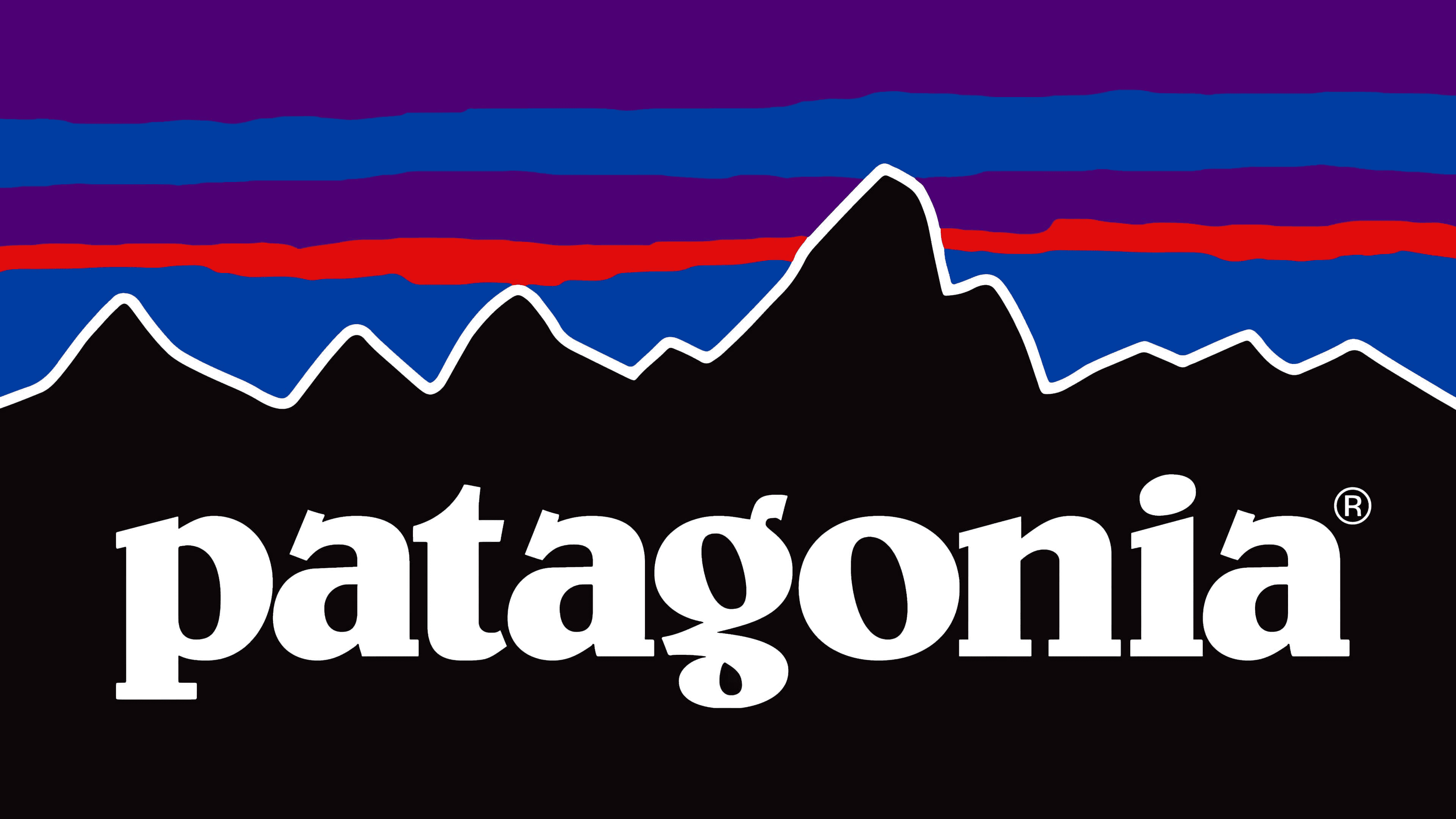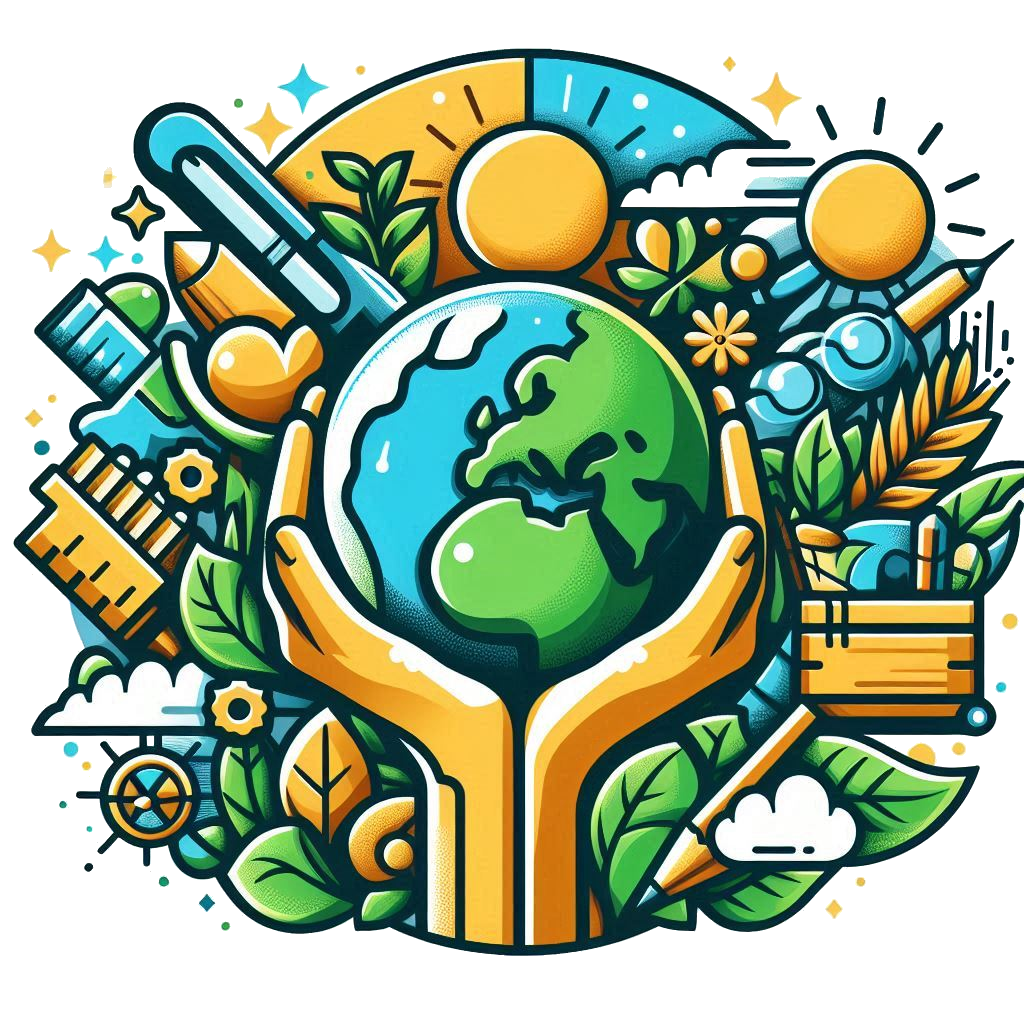Crafting aGreener Futurein a Connected World


In our interconnected world, achieving sustainability is crucial. Technological innovation, economic strategies, education, resource management, and consumer behavior are key drivers of this change. Advances in renewable energy, electric vehicles, and smart grids are reducing our carbon footprint, while AI and IoT enhance resource management, leading to smarter, more sustainable practices. Green investments and circular economies balance growth with environmental stewardship, creating a resilient global economy by focusing on long-term ecological health.
Integrating environmental education and public campaigns empowers individuals to make informed choices and drives community action towards sustainability. Conserving water, protecting biodiversity, and managing waste ensure responsible use of natural resources, preserving them for future generations. Furthermore, choosing eco-friendly products, reducing waste, and supporting sustainable businesses drive demand for green solutions, encouraging industries to adopt sustainable practices.
By embracing these elements, we can build a sustainable future in our globalized world.
8.6% Global circularity rate, of materials cycled back into economy
26.2% Global electricity generated from reneweable sources (2020)
$16.3 billion Global investment in clean energy technology (2021)
In today's world, brands play a pivotal role in driving sustainability. From embracing eco-friendly materials to implementing ethical production practices, these brands are not just about profit but also about making a positive impact on the planet. By prioritizing sustainability, these brands inspire change and empower consumers to make conscious choices for a greener future.
Sustainability-focused brands are reshaping commerce with ethical principles, driving a collective shift towards a greener future while demonstrating the harmonious coexistence of profitability and environmental responsibility.
GLOBALLY RECOGNIZED
BRANDS




Help today
In a world where our actions ripple globally, embracing sustainability is vital. Let's make conscious choices to protect our planet for a brighter future.
